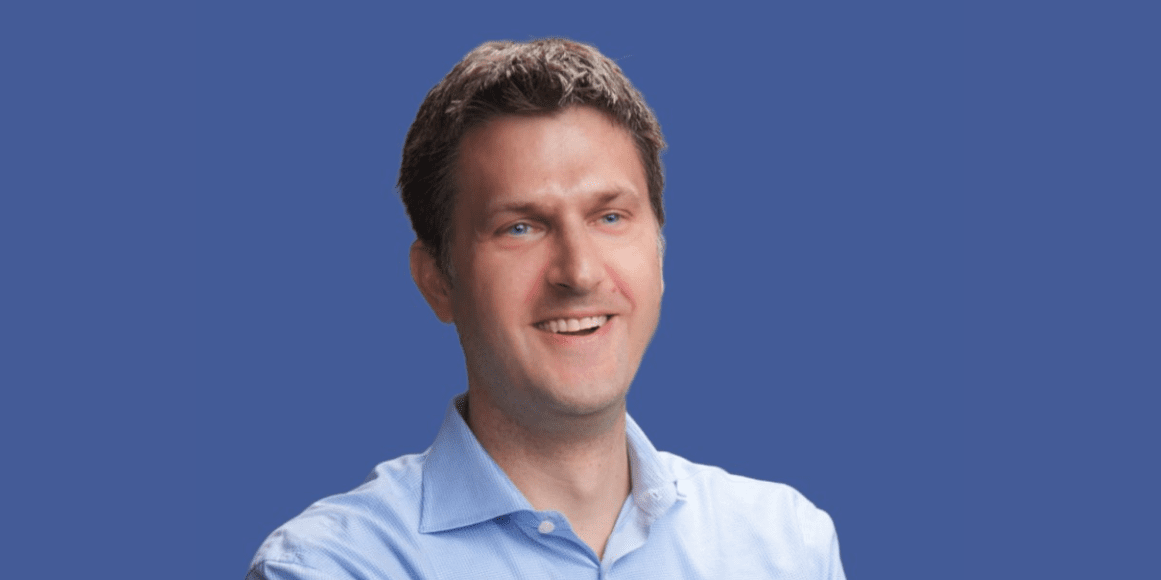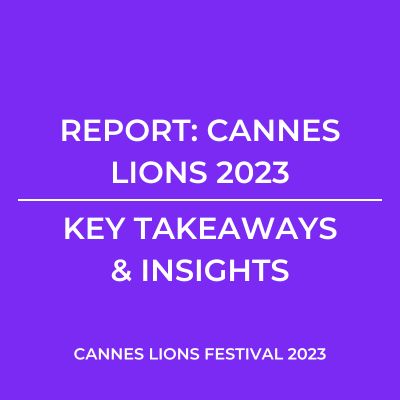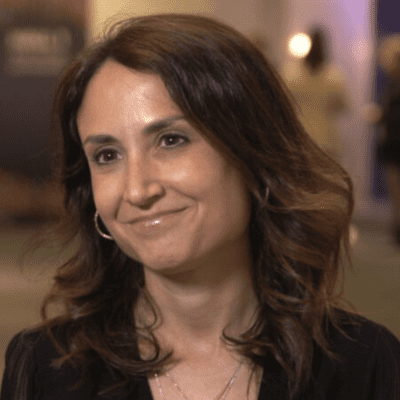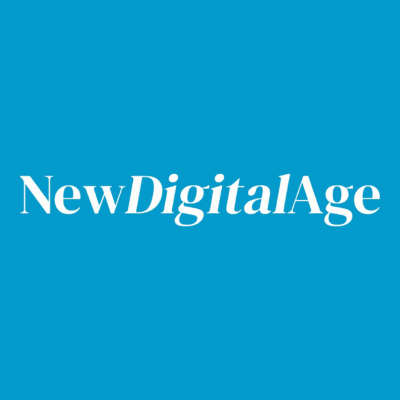Episode overview
Web3 has the potential to change the web/internet as we know it. Because, what makes this version of the web so different, is how it will decentralise information and give users more control of the communities they belong to.
From blockchain technologies and cryptocurrencies to NFTs and decentralised autonomous organisations (DAOs), web3 promises to shift power from big tech companies to consumers.
But where will that leave brands? How will their customer relationships change? And what will they need to do to thrive?
To find out, we spoke with Tony Bailey, a Web3 maven, and Head of technology innovation at Omincom’s Diversified Agency Services group, who is helping brands prepare for this new world.
PHD: What exactly is Web3?
Tony Bailey: Web3 will give us a chance to create a privacy-first, security-first web infrastructure. It will let us address challenges around security, payments, personal privacy, digital property rights, and creating digital ownership. It’s something that, frankly, we’ve never had before. What we’re moving into now is more exciting than at any time in the last thirty years of development.
PHD: What kinds of questions are brands asking you when you’re working with them?
TB: Sometimes it comes down to a simple question of what is an NFT and how do I buy one? Those are some of the basic questions because the challenge with the blockchain of Web3 right now is it’s created an entirely new vocabulary.
A lot of what I do is educate on a lot of those basics and helping people understand these new terminologies. For instance, when we talk about minting and revealing what that all means, where that’s going, and the new opportunities that will present themselves.
PHD: How will Web3 change brands’ relationships with consumers?
TB: Web3 is a fascinating environment because its ethos is to build in public and that’s different than it’s been in all the previous digital eras where people build in stealth and then had a big reveal.
Now we’re in an area where we drip reveal. We release along the way, we talk about what we’re doing, and we show what we’re doing. We get community feedback and get the community involved in what’s happening.
PHD: How do you get started in this space?
As marketers, if we’re going to be successful in the space and we’re going to be part of either transforming towards becoming a web3 brand or being one that shows up in web3, you’ve got to get hands-on.
Then, on the resources side, to be successful, you’ve got to have someone on your team that’s deep in crypto culture, is watching it and seeing what other brains are doing, and is close to what is working and what’s not working.
The pace of innovation is unlike anything that’s happened in the last 20+ years, which is fascinating but it’s also head-spinning at the same time. So, have a group, build a network, and get to know other marketers that are in the space. That’s a great place to start.
PHD: What will Web3 look like in five to ten years?
TB: I don’t think the Metaverse as we know it now is what the Metaverse is going to be when it finally happens. We’re used to these big moments when something comes out. The iPhone created this culture around people waiting in line overnight to get that new device and there’s always this moment when “Bam! it’s out there!” like the Oculus Quest Two is now available.
The Metaverse won’t be like that. It’s going to be something that’s going to continue to evolve and then one day it’s just going to be there. I think Web3 going to be the same way. There’s not going to be a day where people are going to say, “January 2025 is when Web3 1.0 comes out”. We’ve got to be in it. We’ve got to see it and be part of building it and be part of moving in that space.
PHD: Do you have any advice for marketers on how they should be spending their budgets?
TB: Right now, it is all about setting aside a small amount – no different than you would to any platform where you’re unsure if you’re going to get an ROI, that you’re unsure of what the results might be but you’re there to learn.
Even though you may not have a program that drives huge results for you, you’re going to learn a lot along the way and you’re going to set yourself up for when the infrastructure evolves more, one or two years that we’re going to need to get up a speed and build a team around it ready to go.
PHD: What are the benefits of implementing Web3 capabilities in their businesses?
TB: I think the number one is just the ability to have ownership of that connection to your biggest fans to your most loyal fans and that’s one that really can’t be underestimated because for most brands that relationship is fragmented across serum systems, fragmented across social platforms.
It’s imperative that the brains get in and start experimenting, start learning about it, and seeing what’s happening so that they’re ready to reap the benefits of it as the space ramps up over the next couple of years.
PHD: What’s your favourite thing about Web3?
TB: There’s a movement towards giving people ownership and digital property rights as they’ve never had before and that’s going to have profound changes; not just for consumers but for governments and economies.
What’s exciting to me is to see this force and this change for good, and not just this force to create an ad that people are going to click on.
PHD: What’s the one piece of advice you have for marketers interested in Web3?
TB: Start learning; get hands-on. You have to be hands-on in this space to understand it and understand the changes. The good news is you’re not too late to get in.
So, take a leap, come into Web3, and understand how NFTs and these communities work. The community is the platform in Web3 and that’s just that’s the way we’re going to move forward, so, seeing how NFTs knit these communities together is important because these are the new building blocks.




